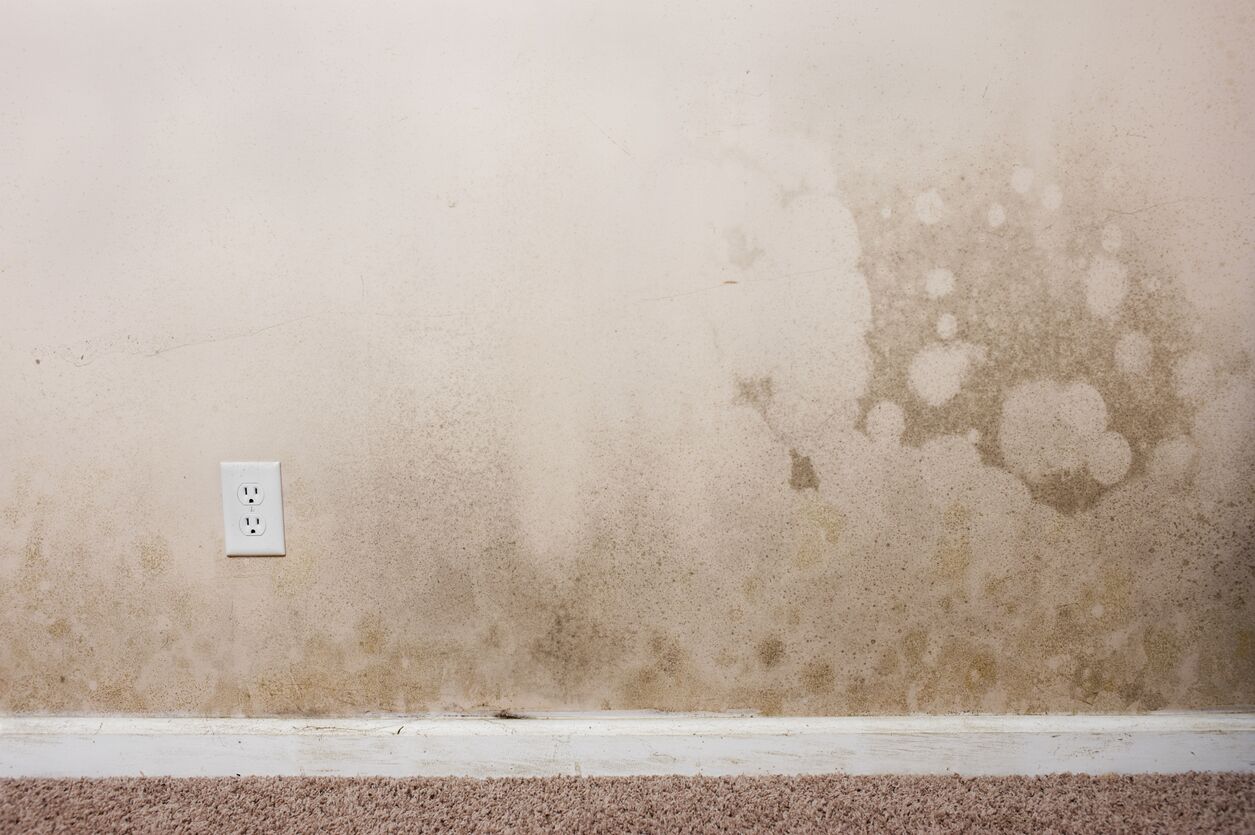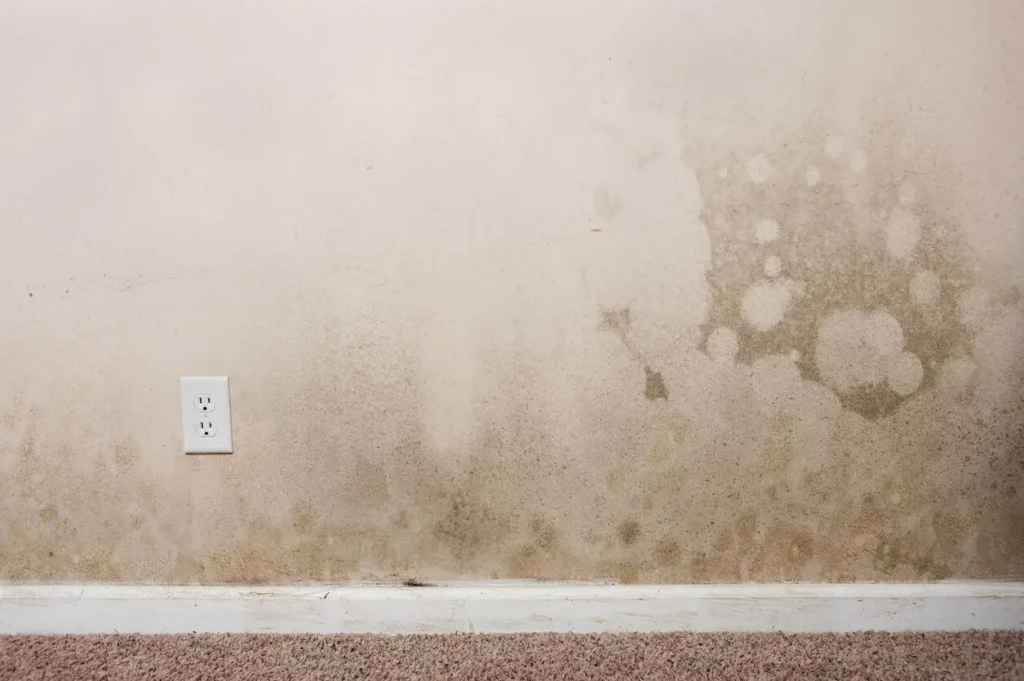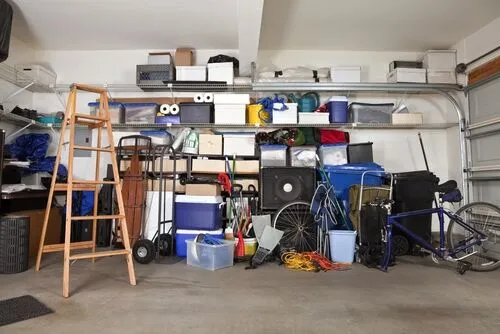
With the heavy, prolonged rains that are occurring in many parts of the country, basement flooding is a more common occurrence. While drywall is made of some pretty sturdy stuff, it can sustain damage when exposed to water for too long. If moisture damage isn’t addressed swiftly, the structural integrity of the drywall becomes compromised, causing it to become soft, weak and susceptible to mold growth.
The amount of damage is directly linked to how long drywall is exposed to water. Depending on how wet it gets, you might still be able to save it. If your basement has been flooded or otherwise damaged by water, follow these steps to determine the extent of the damage.
- Test the drywall for moisture. There are a couple ways to check your drywall for moisture. First, you can use a non-penetrating moisture meter. The other option is to pry off the baseboards and use a screwdriver to try poking holes in the drywall underneath. If it’s soft and the screwdriver goes in easily, the drywall is wet.
- Check the interior of the wall. Using a penetrating moisture meter, you’ll next want to check the interior of the wall for moisture. This can also be done by making a hole large enough to check for moisture on the studs. If you encounter any insulation, it’s crucial to check it for moisture as well, particularly if it’s made of cellulose or fiberglass.
- Replace moisture-damaged walls. If moisture is found, you’ll need to cut two feet up on the wall to take out the wet drywall and insulation, both of which can hold moisture for a very long time. If the moisture-damaged materials aren’t removed, mold clusters can begin to develop within the wall. Also, insulation begins to lose its R-value when it gets wet, so it would need to be replaced with new insulation.
- Call in the professionals. The removal of mold-riddled materials is not for the inexperienced. It’s best to call in a trained professional to do this job, or you could end up with mold spores spread throughout the entire house. Not only would this require additional cleaning, the spores could also affect your home’s indoor air quality and cause asthma, allergies and other respiratory conditions among vulnerable family members.
Get Help From the Pros
A flooded basement is no joke. Along with drywall handyman services, you’ll likely need help with painting and flooring replacement as well. Fortunately, Handyman Connection can aid you with all of this. For local drywall repair and other handyman services to get your basement back in shape, give us a call at 1-800-88-HANDY.





